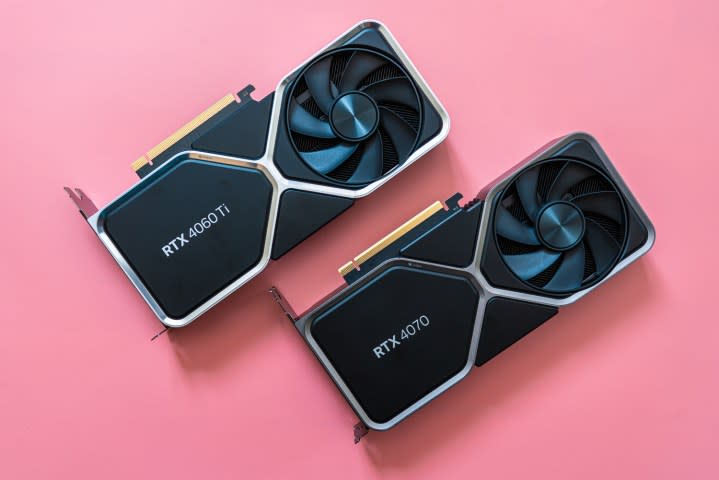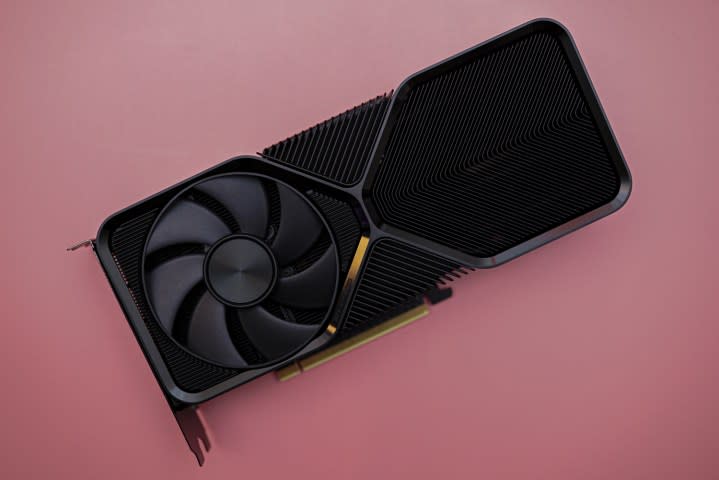GPU prices are back on the rise again

We haven’t had to worry about the prices of some of the best graphics cards for quite some time. With most GPUs sold around their recommended retail price, there are plenty of options for PC builders in need of a new graphics card. However, a new report indicates that we might see an increase in GPU prices, especially on the cards made by Nvidia’s add-in board partners (AIBs). Is it time to start worrying about another GPU shortage? Not quite, but it might be better to shop now before it gets worse.
The grim news comes from IT Home, a Chinese tech publication that cites anonymous “industry sources” as it predicts that Nvidia’s AIBs are about to raise their prices by up to 10% on average — and this won’t be limited to high-end GPUs along the lines of the RTX 4090. In fact, IT Home reports that the RTX 4070 Super has already received a price increase of about 100 yuan, which equals roughly $14 at the time of this writing. This is a subtle price increase given that the GPU costs $550 to $600, but according to the report, it might just be the beginning.
Less impressive GPUs, such as the RTX 4060 or even the RTX 3050, have also received price adjustments, going up by around 50 yuan ($7). Again, an insignificant increase, but a worrying trend, given that GPUs have mostly been selling at their retail price — or below — for months.
It’s unclear how much more the prices are expected to rise, and over what period of time, but if the 10% prediction comes true, it’ll probably take a few months. A 10% increase would mean the Nvidia RTX 4070 Super might jump in price to around $650, giving AMD a greater edge in the mainstream segment.

Supply and demand are likely the factors that play the biggest role in this rumored price increase. Nvidia’s RTX 30-series cards are slowly disappearing from shelves. The RTX 40-series, on the other hand, while not free from disappointing GPUs, seems to be doing well. For cards like the RTX 4060 Ti that are not worth buying, IT Home claims that Nvidia has been controlling the supply in order to maintain the pricing. As a result, instead of GPUs becoming cheaper, many models have maintained their retail price or stayed slightly under.
Nvidia’s RTX 4090 was the first GPU of this generation to consistently sell far above its retail price, and that GPU usually sells for above $1,800 right now, with some models priced at well above $2,000. Mainstream GPUs have almost no chance of being that overpriced, but a 10% increase doesn’t seem unrealistic. While IT Home discusses the Chinese GPU market, these price increases — if they happen — may affect the global market, too.
What about AMD? It’s hard to say, but it has a lot to gain from keeping the prices as they are if Nvidia’s GPUs get more expensive. AMD already sells GPUs that are an excellent value, such as the recent RX 7900 GRE, so if it maintains its current pricing, it’ll only look better compared to Nvidia than it does now.


